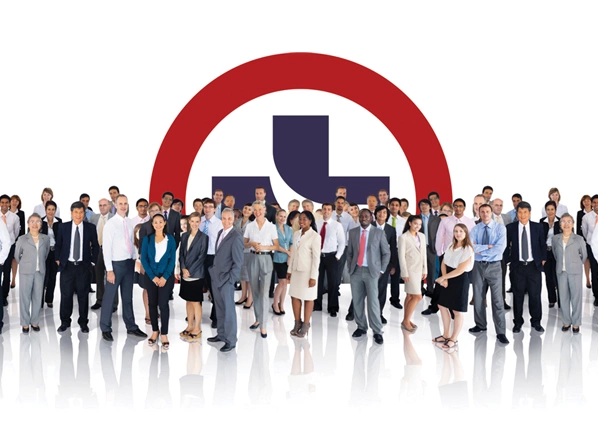Waking Up the Nation: Why GNA Matters

No one teaches us HOW to be a patient. When we are seen by the doctor or hospital and if something is seriously wrong, we rely on the system and professionals to point the way. Although this issue usually comes up when ‘the way’ is not black and white, and we don’t always know how to ask about the gray areas.
Our doctors and other medical providers take great pride in helping us – so the question is — why do we need to focus on this idea of finding our voice to understand our choices, when we are the patient?
While some people can navigate well on their own or have a family member or friend who is a medical professional who understands the system, most of us are at a loss for identifying and employing an advocate.
It is urgent that patients understand what is at risk. Twenty years ago the seminal report of ‘To Err is Human,’ identified unintended medical events leading to death in the hospital were a leading and under-reported cause of death in the United States. Today, because we now track these deaths, it is estimated that unintended medical events in the hospital is the third leading cause of death in our country (behind cancer and heart disease). At the end of life, many people are not dying in the manner they wish because their wishes are not documented or not followed. Medication errors lead to hundreds of thousands of hospitalizations. While these numbers may make your eyes glaze over, learning basic medical navigation (or having someone in your corner who can) should be on everyone’s to do list.
That is why I am so pleased that Greater National Advocates has joined the national health advocacy movement in promoting this issue and making available a centralized national advocate database with the intention of making it easier for people to connect with professional health advocates.
How do we make navigating the medical system accessible to any ordinary person? Having worked in the field of patient/health advocacy for more than a decade (not as an actual advocate, but as a business and communications person) I am heartened to see a tipping point in this field. Although independent advocacy as a professional service is still a new concept, more advocates are working in this field and media stories about how advocates can work with patients are increasing the odds that people will use this valuable service. We must raise awareness about the reasons why people need to be more involved in their own care and health advocacy is key area.
What is Health Advocacy?
Although there is no universal definition, I believe that a health advocate is someone who helps a person by: Understanding what is important so that patients can make medical decisions that are best for them; Supporting what the patient wants or needs – this could be medical team, more information about treatment options and often translates between patient and doctor; and Asserting – and assuring that the patient’s wishes happen, especially when the patient is not able to speak for him/herself.
Why I Support GNANOW.ORG:
While some people can navigate well on their own or have a family member or friend who is a medical professional who understands the system, most of us are at a loss for identifying and employing a health or patient advocate. That is why I am so pleased that Greater National Advocates has joined the national health advocacy movement in promoting this issue and making available a centralized national advocate database ( GNANOW.ORG) with the intention of making it easier for people to connect with independent patient advocates.
I believe that health advocacy will be a common skill that people will seek to build, like nutritional competency or strength training. But until that time, I am hopeful that the field of health advocacy will grow and that people will be helped by health advocates. The need is now.
